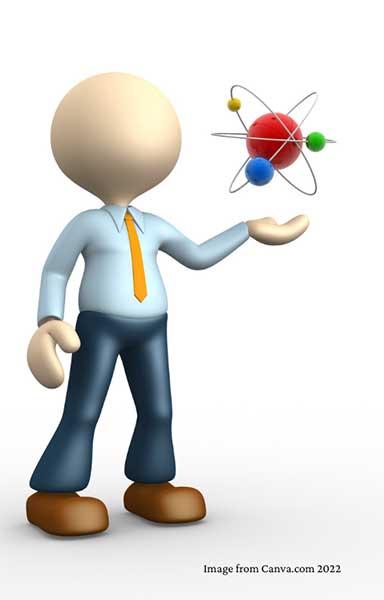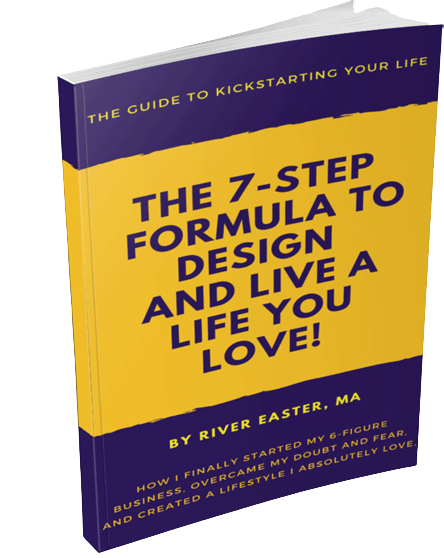“Photo by Joshua Mcknight from Pexels
“I started doing that and then stopped.”
This is a common theme when someone sets out to make a positive change, whether it is going to the gym, eating healthier, or managing their spending habits. They start out with the best intentions and then somewhere along the line, they just stop and never start back up. Eighty percent of people give up on their New Year’s resolution in less than two months. Strava, the fitness app, predicts the day people will stop their New Year’s resolution goals, which is January 19 and called “Quitter’s Day.”
Why is it so easy to fail?
There are three common mistakes we make that contribute to failing: (1) we stop too soon, (2) we don’t change our underlying beliefs to match a habit, and (3) we fail to focus on systems.
Stopping Too Soon
James Clear, in his book Atomic Habits, talks about the “valley of disappointment.” The valley is when you have been working out at the gym for a month and you don’t see any difference when you get on the scale. You say to yourself, “I’ve been working so hard and it’s not working.” Then you get disappointed and you quit. Come on! I know you’ve been there.
But if you had just persisted longer, you would have seen results. It’s like compound interest—the results are delayed.
There is a myth that you have to take massive action to see results, e.g., crash diets, going to the gym for 1.5 hours five days a week, etc. when small steps create amazing results over time.
Underlying Beliefs Aren’t Congruent with Habit
Our actions and behaviors are dictated by our beliefs and assumptions about our world and our self-image. If we think that we can’t save money, or feel like we aren’t worthy unless we have the latest coolest things to fit in, it influences our spending habits.
Clutter is a common issue. An underlying belief for not dealing with clutter is that you don’t have enough time, or maybe you are avoiding making a decision. The clutter piles up because rather than putting it away or making a decision about what to do with it, it gets put into a pile.
Another example is when I was trying to quit smoking. I struggled with it and would quit for a few days, then start up again. I felt powerless to change, then I started saying to myself, “I am a nonsmoker.” This started to change my self-image, and it became much easier to quit and make it last.
When your self-image is aligned with your habit, behavior becomes intrinsic and much easier.

Habits are like the atoms of our lives. Each one is a fundamental unit that contributes to your overall improvement . . . they are small and mighty.
~James Clear, Atomic Habits
Focus on the Goal versus the System
Goals are great. You head in the direction of your goal. Focus on the outcome of the strategies and systems you use to achieve your goal. Bill Walsh, three-time Super Bowl winner, focuses on getting better every day. He says, “The score will take care of itself.” Toyota uses the Kaizen method, which focuses on small steps to continuously improve and achieve big results. The focus is on the system that produces the result.
Let’s take the clutter example. If you clean up the piles in your office or closet but continue on with the same habits of “doing it later,” the piles of clutter will reappear until you get motivated and spend a day or so cleaning them up. The key is focusing on small, daily continuous improvement.
In what area of your life would you like to see an improvement? Is it around your health, relationships, or clutter, or using your time to do things that matter to you? Pick one area and track your habits for a few days. Which habits are serving you and which ones aren’t?
What are your underlying beliefs around those habits? Take a few minutes to journal about the beliefs underneath the habits.
How can you change your self-image to be congruent with the new habit or area in which you want to improve? Then begin taking small action steps toward that goal. If you want to be a healthier and fit person, taking a twenty-minute walk each day will begin building evidence that you are a person who is healthy and walks every day.
Here’s to you, living the best version of yourself.
XO,
River



